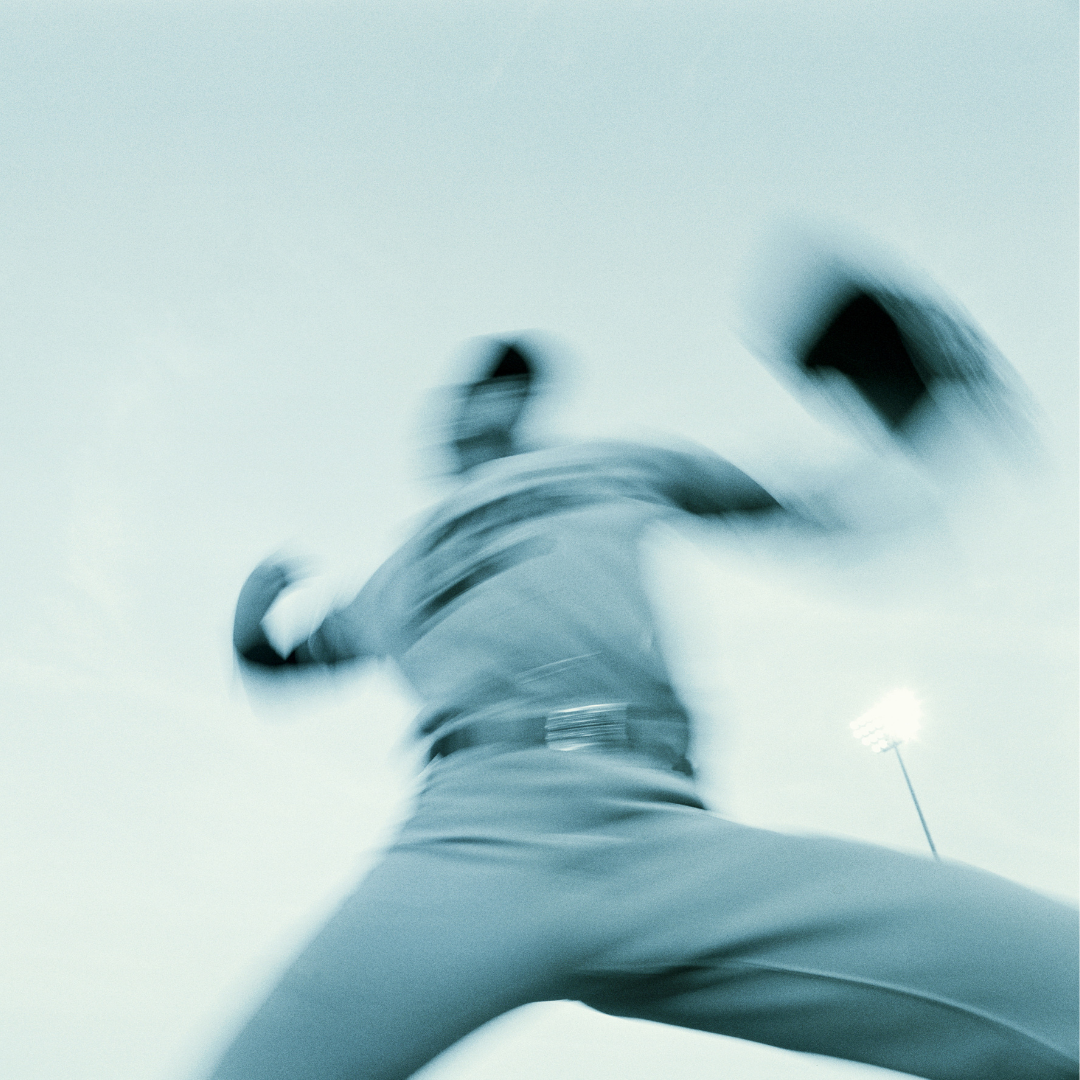Liverpool’s goalkeeper, Loris Karius, made two critical mistakes during the Champions League final, which contributed to Real Madrid’s 3-1 win on May 26. While it probably doesn’t make Liverpool fans (or Karius, for that matter) feel any better, tests this week revealed that Karius suffered a concussion before the goals were scored.
Dr. Ross Zafonte at Massachusetts General Hospital, a world expert in concussions, made the diagnosis on Monday. The concussion likely occurred during a collision with Madrid’s Sergio Ramos in the 48th minute. It was only two minutes later that Real Madrid scored its first goal when Karius tried to roll the ball out to a defender, only to have Madrid striker Karim Benzema stick out his foot and redirect the throw into the net. Karius then made another error toward the end of the game, allowing a very soft goal on a long-range shot from Gareth Bale.
Karius’ concussion highlights the difficulty associated with diagnosing and treating these complicated and often devastating injuries.
A concussion is a traumatic brain injury from a direct blow to the head that affects brain function. Symptoms range from mild to severe and may include headaches, confusion, a feeling of pressure on the head, dizziness, ringing in the ears, nausea, vomiting, slurred speech and fatigue. To diagnose a concussion, a physician would conduct a neurological examination (vision, hearing, balance and reflexes), cognitive testing (memory, concentration and recall), and sometimes imaging tests (CT scan and MRIs).
Professional athletes in all sports are conditioned to be tough and play through pain. A concussion with mild symptoms can be enough to affect performance (as was seen in this Champions League final) while not seeming bad enough to the player to warrant seeking medical attention.
Regarding Karius, Mass General said in a statement: “At the time of our evaluation, Mr. Karius’s principal residual symptoms and objective signs suggested that visual spatial dysfunction existed and likely occurred immediately following the event. Additional symptomatic and objectively noted areas of dysfunction also persisted. It could be possible that such deficits would affect performance.”
To treat a concussion, physical and mental rest is the most appropriate method to allow the brain to recover. This involves avoiding exercise, schoolwork, reading, and other activities that activate the brain. As symptoms improve, activities, such as reading and physical exertion, can be gradually added. Resuming sports too soon increases the risk of repeat concussions and potentially permanent brain damage, so patients are highly recommended to create a treatment and recovery plan with their physicians.
Mass General continues in its statement, “Karius has reported significant and steady improvement since the concussive event, and we expect him to make a full recovery based on the results of the examination.” The statement added, “We expect that with treatment and by following prescribed activity protocols, he will continue to improve.”
While diagnosing the concussion after the fact likely provides little solace to Liverpool FC and its legions of fans, it does help explain why a world-class keeper like Karius could let in two easy goals. On the bright side, Karius should be back to 100% by July when training with Liverpool resumes.



